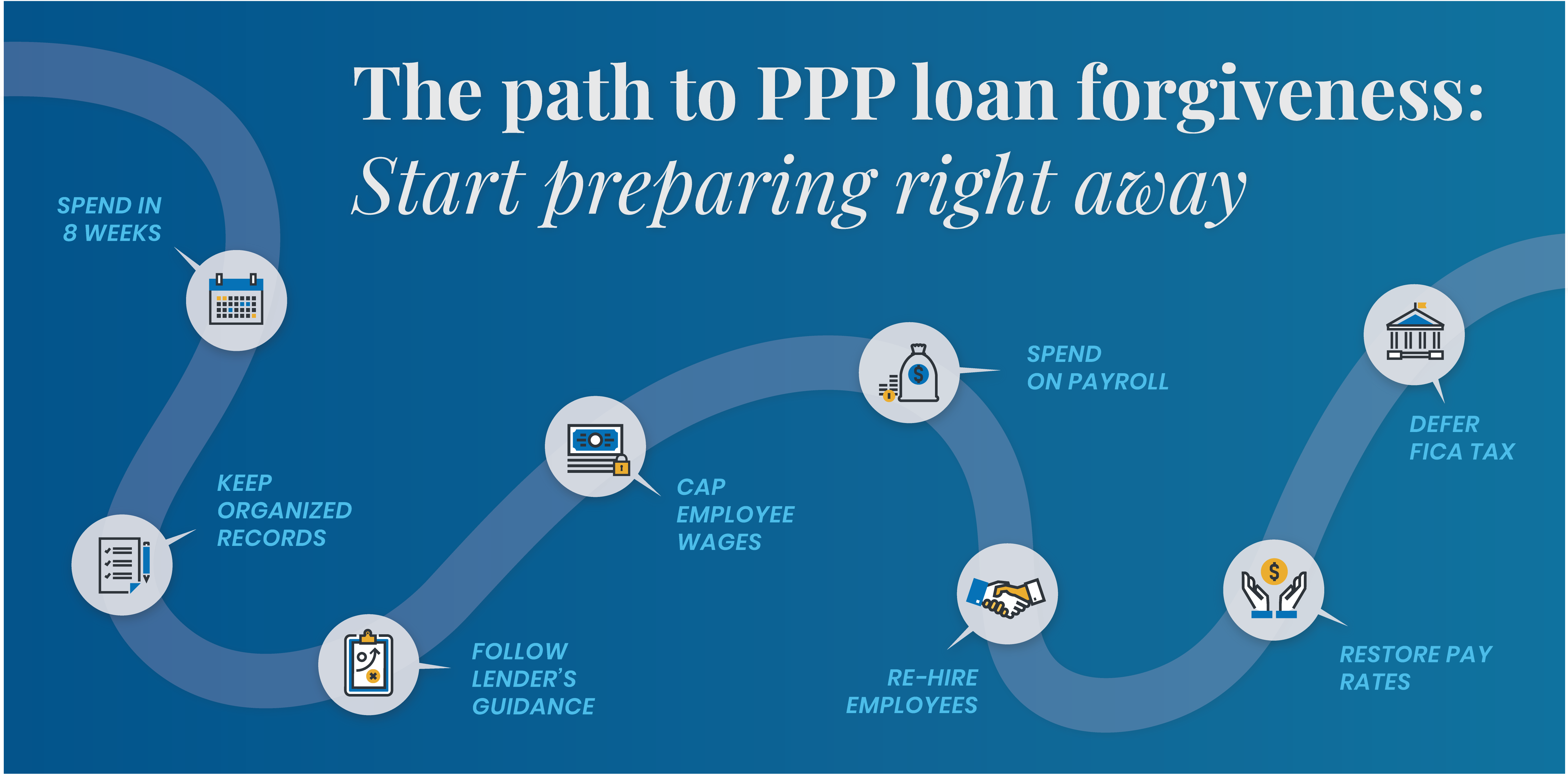
This communication will discuss the process for changing an individual’s domicile from New Jersey to Florida. There are significant tax and non-tax implications of this action that require careful consideration.
The legal definition (and practical application) of a person’s “domicile” differs from their residence. A person may have multiple residences, but only one domicile:
Domicile is the place you consider your permanent home—the place where you intend to return after a period of absence (e.g., vacation, business assignment, educational leave). You have only one domicile, although you may have more than one place to live. Your domicile does not change until you move to a new location with the intent to establish your permanent home there and to abandon your New Jersey domicile. Moving to a new location, even for a long time, does not change your domicile if you intend to remain only for a limited time. (New Jersey Division of Taxation Technical Bulletin No. GIT-6, 12/31/2017
Therefore, a true domicile is really defined by intent (or state of mind) and action. In The Wizard of Oz, Dorothy suddenly realized that she and Toto were not in Kansas anymore. When she later clicked her silver heels together and meditatively repeated, “I want to go home…” her intent was to return to Auntie Em’s farm- in Kansas. After that performance, I would wager that even the New Jersey Division of Taxation would have determined that Dorothy was not a New Jersey domiciliary, even if they discovered she kept a condo on the beach in the Jersey Shore. Again, Dorothy’s mental position and intent was clearly demonstrated that Kansas was her true home.
Changing Domicile: Actions Speak Louder than Words
A person who desires to change their domicile from New Jersey to Florida must take specific actions that demonstrate their intention to establish a new domicile (in Florida) while severing ties to their old one.
No single action is sufficient to establish a new domicile. The necessary intentions regarding establishing a new residence will be balanced by the totality of your actions. The Supreme Court determined the standard as “the attitude and relationship of person to place”. Therefore, once you acquire a domicile (in this case, within New Jersey), it’s effectively perpetual until you change it through a series of related actions.
You must also recognize it is not unconstitutional for two or more states to determine they “hold title” to your domicile for purposes of imposing state inheritance or estate taxes. The cost can be exorbitant as there can be multiple claims against an estate, combined with significant administrative costs specific to each jurisdiction. Therefore, changing your domicile to Florida will require that you maximize the quantity and quality of evidence to demonstrate, through clear and convincing actions, that you have done so.
The following suggestions to effect domicile change are derived from some of the tests applied by New Jersey court rulings in deciding domicile matters. However, there is no certainty regarding which factors will adequately prove an individual has crossed the finish line to victory in their particular change-of-domicile challenge. The following suggestions should be implemented to the fullest extent possible, especially those that established legal and statutory guidance have deemed to be most significant:
- Limit physical presence by minimizing your days in New Jersey
It’s most important to limit physical presence in New Jersey, defined as the number of days spent there during the year. Note that this may apply regardless of being domiciled in the state. For New Jersey income tax purposes, an individual is taxed on all of their income if they are a full year resident, or full year non-resident. The rules are as follows:
Full-Year Resident
You were a full-year New Jersey resident if:
- New Jersey was your domicile for the entire year, and you did not satisfy all three conditions (i.e. exceptions) for nonresident status (below); or
- New Jersey was not your domicile, but you maintained a permanent home (“permanent place of abode” [1]) in New Jersey for the entire year and you spent more than 183 days in New Jersey. (Members of the U.S. Armed Forces stationed in New Jersey and their spouses who are not domiciled in New Jersey are not residents under this definition.)
Full-Year Nonresident
You were a full-year New Jersey nonresident if:
- New Jersey was not your domicile, and you spent 183 days or less here; or
- New Jersey was not your domicile, you spent more than 183 days here, but you did not maintain a permanent home here; or
- New Jersey was your domicile and you met all three of the following conditions for the entire year:
- You did not maintain a permanent home in New Jersey; and
- You did maintain a permanent home outside New Jersey; and
- You did not spend more than 30 days in New Jersey.
Thus, to avoid being taxed as a resident for New Jersey income tax purposes it is important that you spend less than 183 days a year in New Jersey, even after abandoning your New Jersey domicile.
- Increase the quantity of physical Presence in Florida
Limiting time spent in New Jersey, should be matched by spending more than 183 days a year in Florida. This is a key factor, particularly during the initial years you are claiming Florida domicile. After successfully establishing Florida as your legal domicile, this would become less important, although you must remain mindful to spend less than 183 days in New Jersey (NB: for residency purposes, any fraction of a day is generally defined as a full day spent there).
Obviously, the higher the proportion of time spent in Florida versus New Jersey, the better. It’s prudent to limit you annual New Jersey days to a maximum of 150; this will reduce the chance that New Jersey can claim you should be taxed as a resident for New Jersey income tax purposes.
- Additional actions
– Obtain a Florida Declaration of Domicile in your Florida hometown, and have it recorded in the office of the Clerk of the Circuit Court of the county where you reside.
– Change your voting registration to Florida, and inform your New Jersey Town Clerk in writing that you are abandoning your New Jersey domicile, and confirm removal from local voting lists. Save a copy of this correspondence. You can register to vote the day after filing a Florida Declaration of Domicile.
Be sure to vote in state and local elections in Florida and save the evidence of your Florida voting registration. Although location of casting your ballot is important, it does not positively determine your domicile either. The United States Supreme Court has said that while “Voting is highly relevant, it is by no means controlling.[2]” Furthermore, if you have political party affiliations, consider becoming an active member of that party in Florida, and resigning from your prior party membership in New Jersey.
- Items “Near and Dear”, such as significant and important personal possessions, artwork, family heirlooms, memorabilia, awards, jewelry, furniture, items of sentimental value, and important papers and records, etc. should be moved to Florida with adequate documentation of their relocation (moving records, bills of lading). Your new home owner’s insurance policy should include any coverage for near and dear items and identify them in attached riders to the policy.
- Obtain a Florida driver’s license, and surrender your New Jersey driver’s license. Change the registration and title and obtain car insurance in Florida, and obtain Florida plates. Acquire new passports or change the address on your existing passport to Florida.
– Move checking and savings accounts, safe deposit boxes, security or brokerage accounts and other intangible assets to Florida. Change the billing address on all credit cards bills to your Florida address.
– Notify the post office, all of your banks, brokers and professional advisors of the change of your legal residence.
– You should file all federal income, estimated income, and gift tax returns from your Florida address, sending those returns to the appropriate Internal Revenue Service Center for Florida residents.
– File for a Florida homestead exemption on your Florida home as soon after the first of January as possible. While the homestead exemption may save you only a small amount of real estate taxes, it is important as an indication of your intention to adopt a Florida domicile.
– Since Florida has no state income tax, it is not necessary to file a state income tax return in Florida. Generally, a Florida domicile will make it unnecessary to file a resident New Jersey income tax return. However, to the extent you have income derived from New Jersey real estate or from a business carried on in New Jersey, you will need to file New Jersey nonresident returns. File IRS Form 8822, Change of Address, with the Internal Revenue Service and notify the Social Security Administration that your Florida home is now your primary address.
– Consider revising your wills and other estate instruments to identify you as residents of Florida and make other appropriate changes to reflect your change of domicile, if you haven’t already.
– Use your Florida address on all contracts, deeds, instruments of transfer, securities and other legal documents, and whenever you are registering in hotels or for any reason giving a home address. While important, this step should obviously be among the easiest to comply with.
– Request that any memberships you have in New Jersey clubs, lodges, societies, charitable organizations, and churches be transferred to Florida branches of these organizations, reclassified as “nonresident” memberships, or terminated. Maintain evidence of these changes (such as copies of letters requesting changes) with important papers. It’s also helpful to join Florida clubs, societies, artistic, fraternal and charitable organizations, and houses of worship. You may continue to contribute financially to New Jersey charities without compromising your Florida domiciliary. If you contribute to national and international charities, it’s best to do so through a Florida office of the charity, if possible.
– Maintain a diary or appointment book showing what your location each day, including domestic or international travel. If you visit New Jersey, the diary should show those days. If you are selected for a residency examination by the New Jersey Division of Taxation, personal calendars, diaries, logs, and travel related documentation will be important evidence to present attesting to your annual whereabouts for purposes of avoiding the 183 day threshold. There are several cell phone applications that utilize the device’s internal GPS function to continuously record your location and place this information into an encrypted archive.
You can surmise from the foregoing discussion that there is no clear formula to change your domicile beyond dispute, but proper planning, combined with intelligent and documented actions can greatly improve your chances of victory in the event of an audit or possible Valuation & Forensics. The process should begin with the mindset that you will conduct life as if Florida is your true home, and the place where, in a manner of speaking, where your hat is destined to hang.
[1] For a general definition of “permanent place of abode” see: Official Material: NJ: Answers to Frequently Asked Questions, 01/15/2016
[2] District of Columbia v. Murphy, 314 U.S. 441 (1941)

 Previous
Previous






